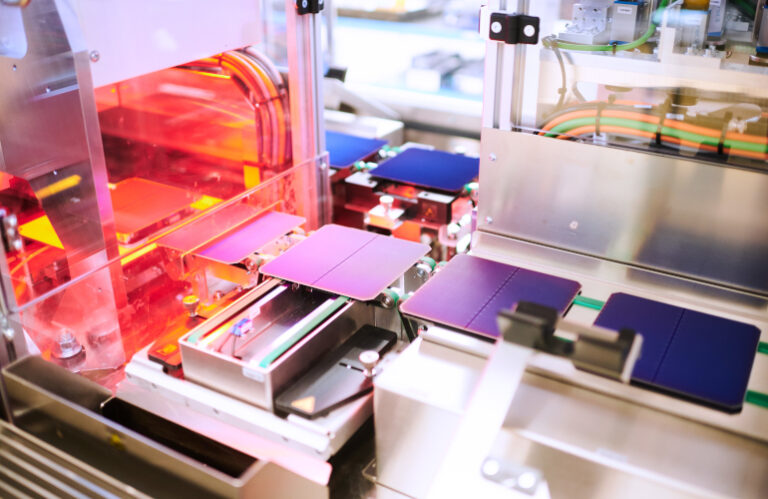President Biden is giving the domestic solar panel manufacturing market a break from tariffs on imported solar cells with the latest announcement from the White House.
The President has amended measures taken earlier this year on the import of crystalline silicon solar panels (CSPV) by increasing the amount of silicon solar cells entering the country tariff-free to 12.5 GW. The tariff rate quota (TRQ) for solar cells under Sec. 201 of the Trade Act 1974 was previously set at 5 GW.
“I have determined that the expected domestic production of modules and related imports of CSPV cells have increased to such an extent that it is necessary to modify the action taken… by expanding the tariff rate quota to unchangeable quantities within the quota of 12.5 GW,” the president said in his latest article. proclamation.
Imports of solar cells increased significantly in the second quarter of 2024, with monthly imports exceeding 1 GW for the first time in April. After importing just 3.6 GW of silicon cells in 2023, US panel assemblers surpassed the 5 GW tariff rate in May 2024 when imports for the year reached 5.2 GW.
Under the Sec. Under the tariffs, all imported solar cells and panels (regardless of country of origin, with some minor exceptions) are currently taxed at 14.25% as a way to protect domestic solar panel manufacturers from cheaper products from abroad. Both monofacial and bifacial solar cells and panels are subject to stress. But now the first 12.5 GW of imported solar cells can pass through tariff-free.
Domestic panel manufacturers Hanwha Qcells, First Solar, Heliene, Suniva, Silfab, Crossroads Solar, Mission Solar and Auxin Solar the government has requested earlier this year to pass the Sec. 201 rates and include bifacial panels in the order. Some petitioners asked for a tariff rate quota of 20 GW, but the Biden administration dialed this back to 12.5 GW.
With more domestic solar panel assemblers coming online this year, more solar cells will need to be imported to make finished panels. Until solar cell production is established in the country, of which no companies are currently online, panel assemblers will have to rely on imported cells.


